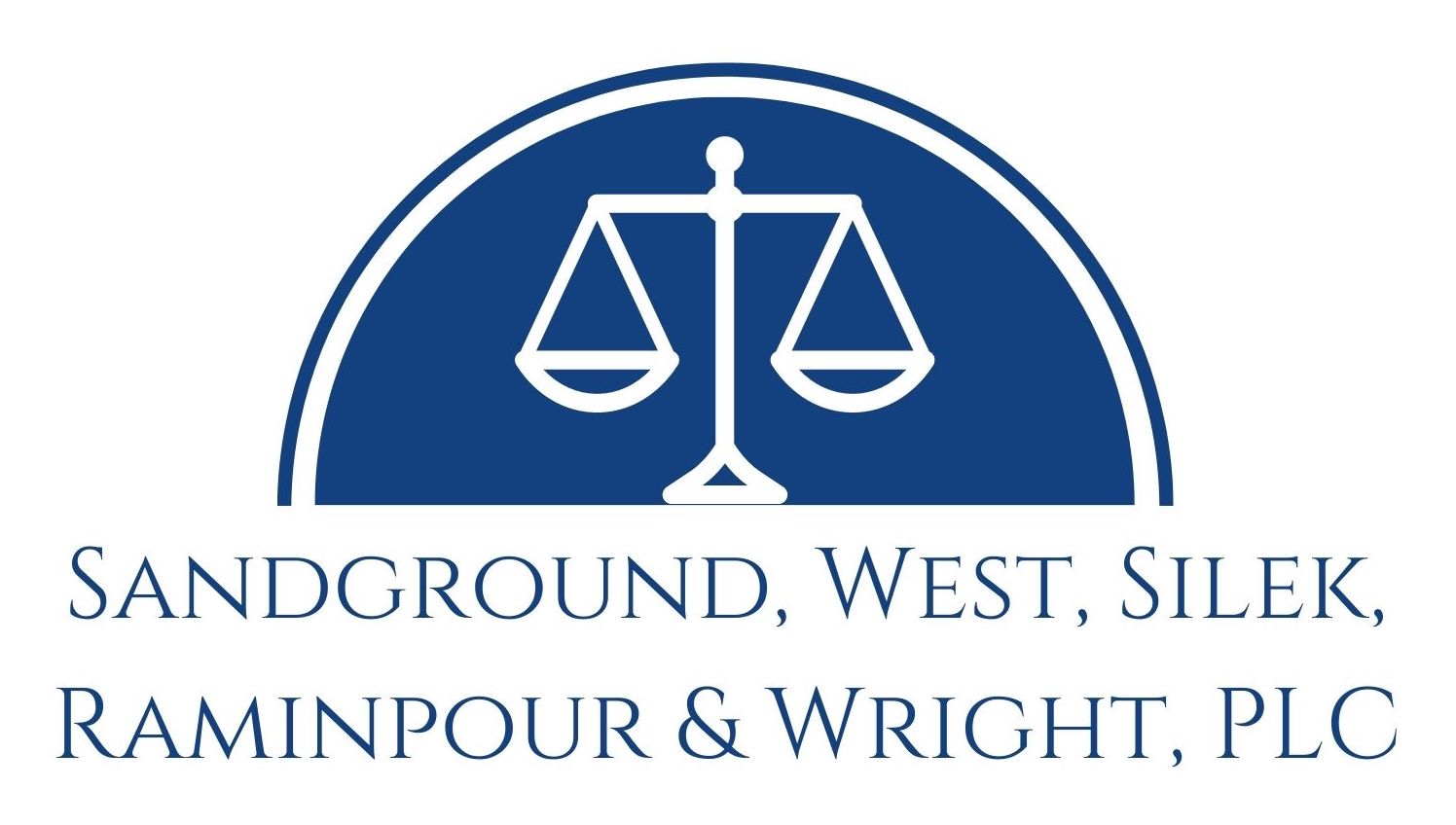Mid-March 2020 seems so far away, yet is was merely weeks ago. Since then, our Governor has held daily press conferences and has required us to stay home.
On March 12, the Governor declared Virginia to be in a state of emergency due to the COVID-19 public health threat. See EO 51. Soon thereafter, individual courts began taking action to curb the spread of the virus within their own localities. You can see your local court rules here. And on March 16, 2020, the Virginia Supreme Court effectively shut down our Court system. That order is here. It was extended by subsequent order and, as of today, extends to April 26, 2020. This means that courts will not be hearing non-emergency family law matters right now.
As the virus has continued to spread, our government officials have taken additional measures to require Virginia residents to stay home. You can read Executive Order 53 and Executive Order 55 to learn more about the restrictions that are currently in place.
A public health crisis of this magnitude has not been experienced by modern day society. Along with concerns over our health, the safety of our loved ones, and the financial implication, the COVID-19 pandemic brings about additional challenges for split families:
- How does the stay-at-home order impact a visitation order?
- What if the other parent is an essential employee and is now working additional/irregular hours?
- What schedule should parents use: school calendar or summer?
- What if the other parent is health care provider, first responder, or grocery store clerk at high risk of exposure to the virus- does that place me and/or my child at risk?
- What if the other parent takes advantage of court closures to violate an order?
First of all, the Governor’s orders have no impact on a valid custody/visitation order. Executive Order 55 specifically makes an exception for traveling for custody and/or visitation.
Second, this is new to us too. We have never been down this road so it is exceptionally difficult for lawyers to provide sound legal advice. It makes sense that parenting time should not be affected during the quarantine period: children’s lives are turned upside down, much like ours, and they need to maintain stability when possible. Violating a court order without very good cause right now could land a parent in some serious trouble when courts resume normal operations.
Here’s some guidance from us on co-parenting in these unprecedented times:
- Try to work it out with the other parent. If there are scheduling issues, be flexible. Many families are juggling working from home and caring for children who are out of school. Other families are searching for childcare because they are continuing to work outside the home. Working with the other parent is the best thing you can do for your child.
- Summer schedule versus school-year schedule? The best way to be safe is to follow your regular school calendar.
- If there is a real concern for the safety of the child, speak to the child’s doctor and seek medical advice. This is a public health emergency so relying upon the advice of the doctor would likely be a sound defense to complaints from the other parent.
- The child’s best interest is paramount. When making decisions about your child, be prepared to make the same examination a court would. Courts across Virginia must take into consideration the best interests of the child in all cases pertaining to custody and visitation.
- If you decide to take drastic measures, make sure you plan for makeup time in the future and allow the other parent to have face-to-face access with the child via FaceTime or Skype.
- Contact us - We can walk you through some of the factors and help inform your decisions. While we cannot predict how courts will decide, we can help you to understand the possible outcomes.
Third, we’re all in this together. We are all experiencing the stress caused by the Novel Coronavirus. We must first be human, be kind, and be understanding - even if our relationships are strained.
** The information contained in this article is for general information purposes only. Nothing should be taken as legal advice for any individual case or situation. **

.jpg)
